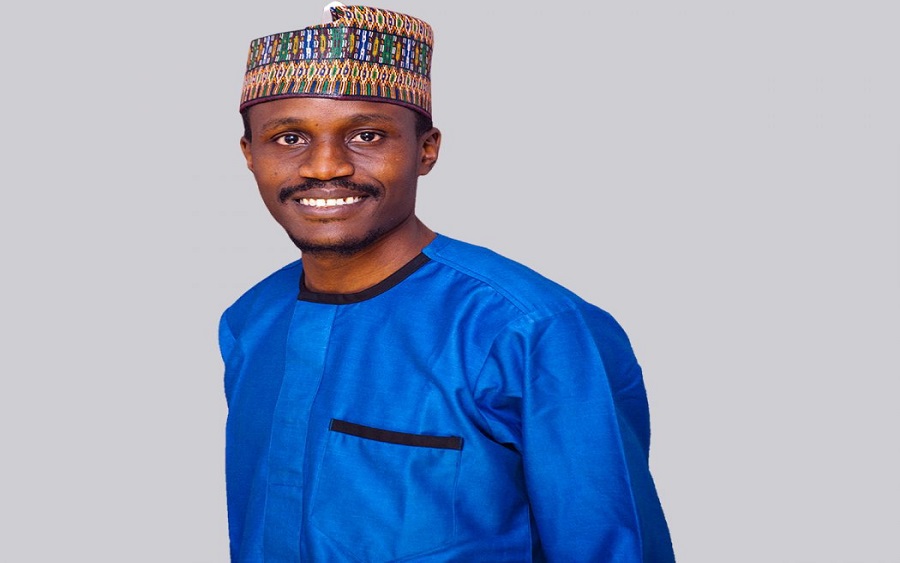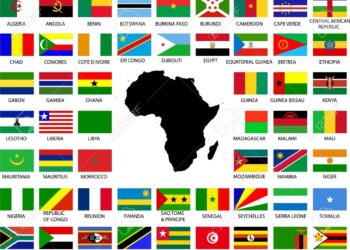In an exclusive interview, Tolu Ogunlesi, the Special Assistant to President Muhammed Buhari on Digital and New Media, told TechRoundup that technology plays a vital role in governance. Find excerpts below:
There is hardly any government in the world that does not employ technology in how they engage with citizens. What role does technology play in the Federal Government, have we started the journey to exploring tech and how far have we gone?
The way I see it, the government should not have a choice but keep up with changing times. We do our non-government stuff on our mobile phones and it should be the same for government stuff as well, it makes no sense otherwise. I get a close-up view to the changes in government exploration of tech and just recently, a tax law was amended to say anyone can now dispute tax assessment by email, which is significant in so many ways. Think about how much time will be saved in tax processing. This is just one of many ways the government is trying to keep up.
Is this cycle of adopting technology going on at the federal level being driven down other levels of government and is the Federal government providing any kind of help or incentive for the other tiers of government to leverage?
Our system encourages that the states are largely independent and self-accounting but one thing that is sure is they do tend to take their cue from the Federal Government and there is an initiative called “ease of doing business” that is cascading down to the states. A lot of indices measured like land and personal income taxes are under the control of the state after all, so there is a lot of ongoing engagement with states. Lagos and Kano are our two biggest commercial states and what happens in both defines a lot of what happens in terms of our national positioning. The states now have a lot to do as regards impacting changes on the local level.
[READ MORE: Herbert Wigwe discusses expansion plans, FinTech in Bloomberg interview)
There is a lot of movement happening online, a lot of discussion among young people about the future of Nigeria. People want to engage the Federal Government to listen to some of the ideas they have, tech or otherwise. How is all this coming together and what has been achieved?
As I said, the government really has no choice than to be where the people are. It is challenging mostly because there is competition with millions of sources of information that appear to be a lot more fun. So there has been a lot of experimentation with content like videos. It has a lot to do with paying attention to the way people best consume information. A combination of new and old media is one effective way we were trying to adopt.
Are you also thinking about ways to get feedback from citizens? You agree it has to be a two-way thing because people do have so much to say. There could be a mechanism for periodically collating feedback and information from citizens, so is there thinking in that direction?
When I was thinking of a name for the Office of digital engagement, the “engagement” was a deliberate choice. In reality, it is difficult, there is a lot of conversation and feedback and many governments are not exactly equipped to be able to process all of that feedback but again, many government agencies are doing great work like the Nigerian Police, they have a complaint response unit with a physical office. But we, however, still have to start thinking towards things like Artificial intelligence, machine learning and Big Data, so we can categorize properly. The edge the government has over a lot of other organisations is that there will never be a lack of data and so there is a need to invest in processing. We are not there yet but I can see the thinking going along those lines in terms of integration and processing information and garnering actionable insights.
We are not allowing innovation flow into government the way it has flown into the private sectors. What can tech entrepreneurs start doing to help facilitate that thinking towards opportunities in the public sector is perceived a little bit differently?
If you have heard about the Government Empowerment and Enterprise Program (GEEP) which is now the largest microfinance of its kind in Africa, virtually every solution developed for that scheme was done locally by Nigerian startups. These sort of opportunities are already happening but the question is how do young people plug in? There is a subcommittee of young technology professionals in the industrial advisory council which serves as some kind of bridge with the government and the private sector. There will, however, need to be more information about what councils like this are about. Ultimately, government laws still have to change to accommodate more small businesses which I believe the National Assembly is currently working on.
























